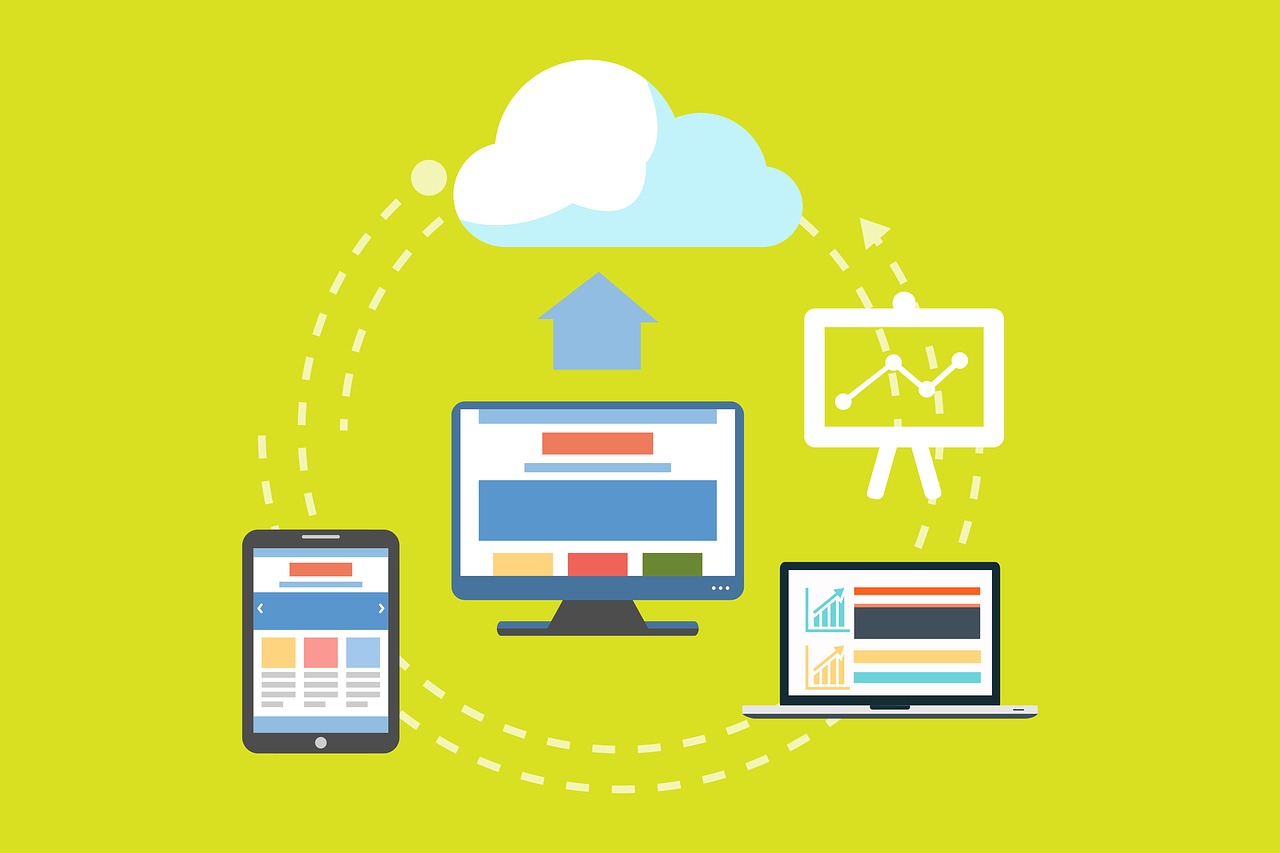Cloud applications are programs where cloud-based and local elements function in sync. The base of these apps is remote servers analyzing what the user accesses through a web browser. These servers are usually managed by a third party.
Cloud-based apps are used for many purposes, from inventory, CRM, emailing to finances and file storage.
Cloud applications advantages
Quick results – no matter what your business needs are, cloud apps are the best solution for your business operations.
Cleaner operations – you can ask the third party provider to manage your infrastructure.
Easily expandable – based on your needs, the cloud app’s capacity can be raised or decreased in no time.
API control – cloud apps are small programs, as they use Application Programming Interfaces. APIs will help you accelerate your business and realistically predict the results.
Progressive adoption – being a cloud-based app, you can gradually implement its parts without experiencing any uncertainty.
Small expenses – Cloud apps became easy to operate and maintain because of their size and the performant services that third parties provide. All these inevitably lead to small expenses.
How cloud applications work
Data provided through the app is stored on servers usually owned by a third-party. Backend provides safety and accommodates and supports multiple access methods.
Cloud apps can work offline and can be updated online. They are designed with the rapid responsiveness and it is not mandatory to occupy space on the device.
Cloud apps vs web apps
Lately, the differences between cloud apps and web apps have diminished. Nowadays, any app that has an online implication is called cloud application by its vendors.
Truth is cloud and web apps have their storage at a distance, and both use third-party servers.
What makes them different is their architecture. Web apps need a constant internet connection to work, while cloud apps only need an internet connection for updates and downloading and uploading data.
Web apps can’t work if their server is not available. For cloud apps, if this happens, the software installed on the user device will function properly, but without being able to upload or download any data on the server.
Cloud apps vs desktop apps
Desktop apps rely on the device and need a different version for every operating system. That means a desktop app needs more time and money. Cloud apps are independent of the platform and can be used on different devices and operating systems.
Desktop apps need installation on every device and at some point, the situation when users access different versions of the app may occur. More, it is difficult to offer tech support for all versions at once.
Cloud apps don’t have any issues with versions, as the users can access and use only the version existing in the cloud.
Closing thoughts
Cloud applications are the best option, as they are a modern method of using programs on devices. They are time and cost efficient, are available at any given time and on any device and operating system.
If you need your own cloud app, give us a sign! Together, we can build the app that will take your business to the next level.




